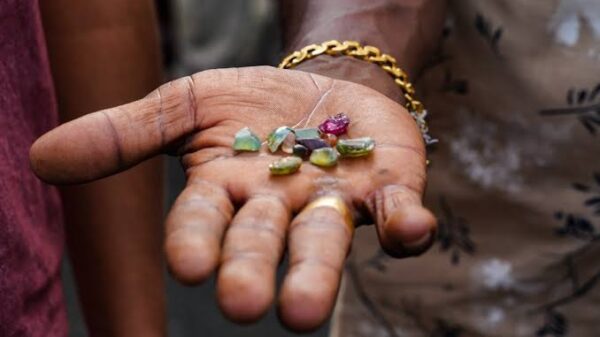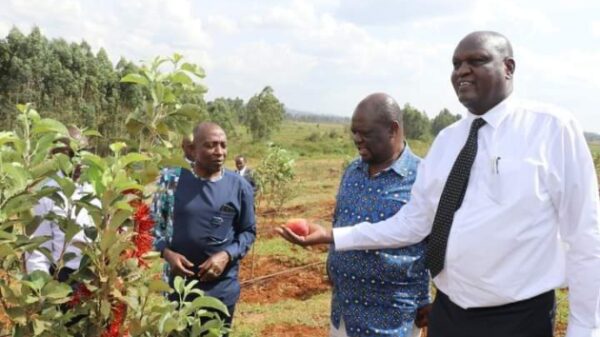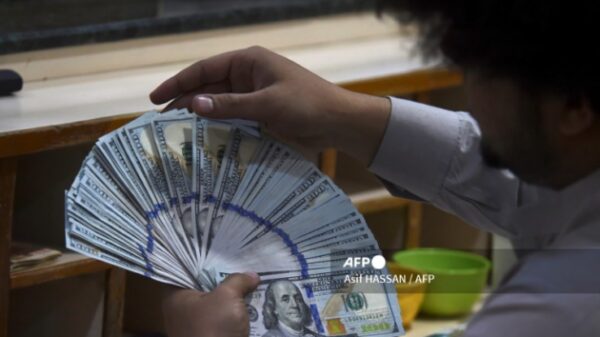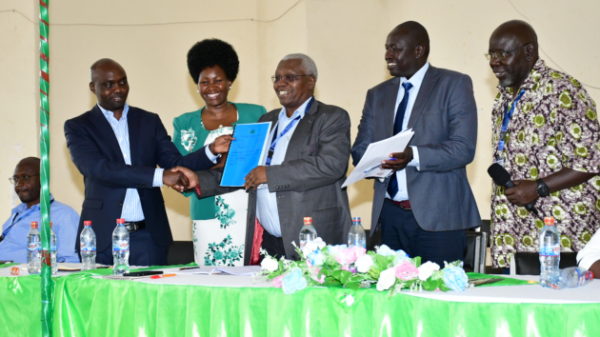NAIROBI, Kenya, June 19 – Troubled Moi University is now seeking Sh800 million in financial support from the government to restructure its operations, as it battles long-standing liquidity problems that continue to cripple the institution.
The university’s Vice Chancellor, Kiplagat Kotut in a report to the National Assembly’s Departmental Committee on Education, outlined a series of bold reforms and funding pleas aimed at restoring financial sustainability.
These include a request for monthly government support of Sh450 million to fully fund its payroll for a year.
“The University humbly requests for this Committee’s support and intervention in its path to financial sustainability,” reads part of the report.
“This support is necessary for stability, growth, and sustainability.”
According to Kotut, the university has already undertaken several internal reforms, including a painful staff right-sizing programme that has seen the release of over 1,200 employees.
The report notes that 886 permanent staff are set to be declared redundant, while 330 contract workers were let go earlier this year.
These moves are expected to save the university Sh120 million monthly in payroll costs.
Despite these efforts, the university remains unable to meet its financial obligations as they arise.
The institution is now asking for an additional Sh1.26 billion to pay outstanding salary arrears and employer pension contributions, as directed by a 2021 court ruling.
Beyond recurrent expenditure, Moi University is also requesting significant capital investment, including Sh4.5 billion to complete the stalled Science Complex, Sh400 million for a new Pharmacy, Dental, and Nursing building, and Sh230 million to complete an Amphitheatre in line with the government’s creative economy agenda.
The university is banking on a recent increase in its approved student capacity from 8,000 to 13,000 to bolster revenue, alongside efforts such as establishing a Directorate of Resource Mobilization and boosting research funding, which has grown from Sh200 million to over Sh500 million annually.
Other diversification initiatives include assembling digital devices for sale, utilizing arable land for agriculture, and expanding online and blended learning programmes through the Institute of Open, Distance and e-Learning (IODeL).
Moi University is facing a severe financial crisis characterized by a substantial debt burden and operational challenges.
The university’s financial woes stem from a combination of factors, including a bloated workforce, declining student enrollment, and mismanagement of funds.
Last month, the institution dismissed 900 employees as part of a redundancy exercise aimed at addressing its ongoing financial challenges.




































